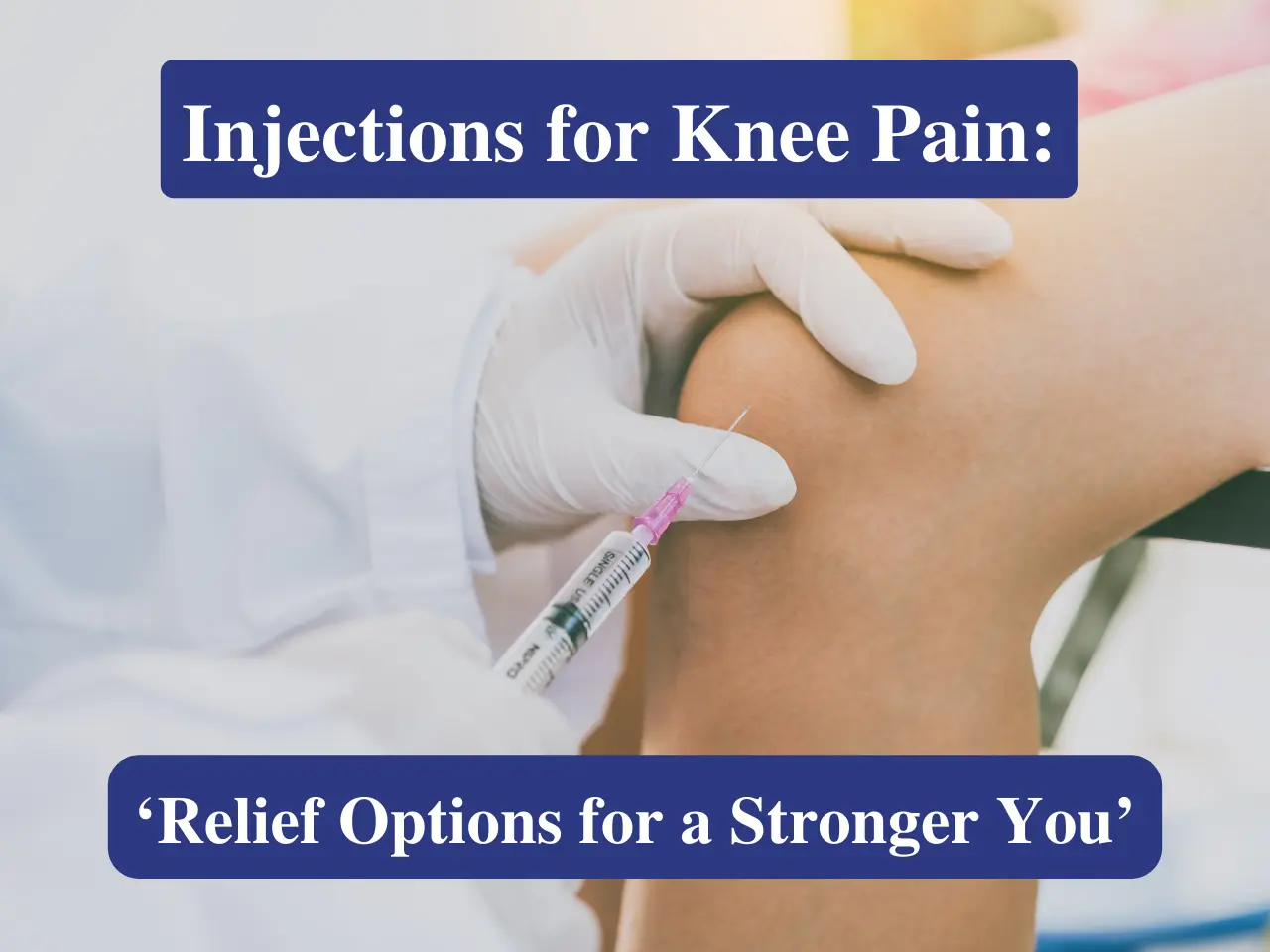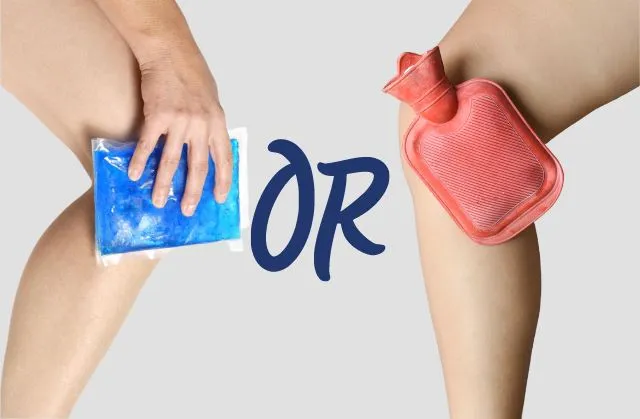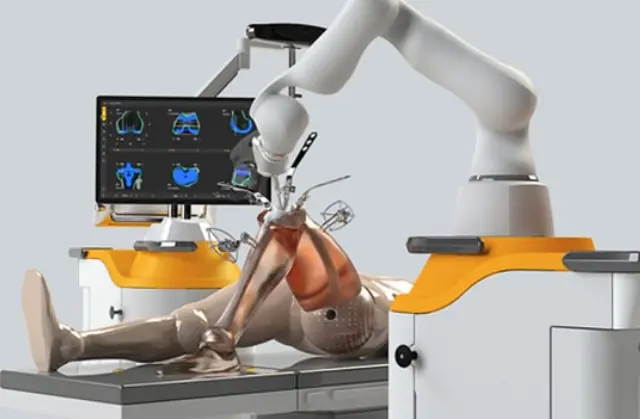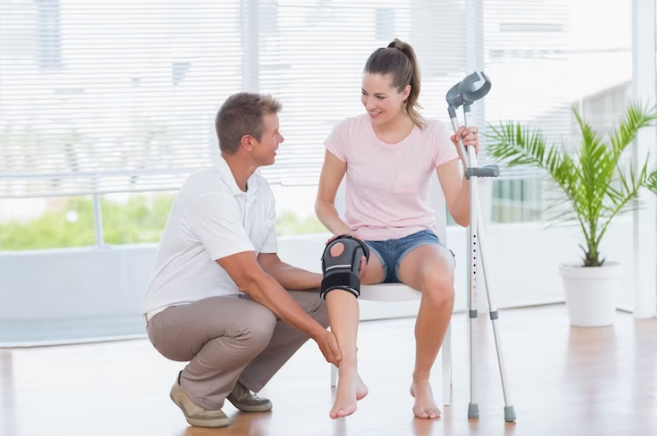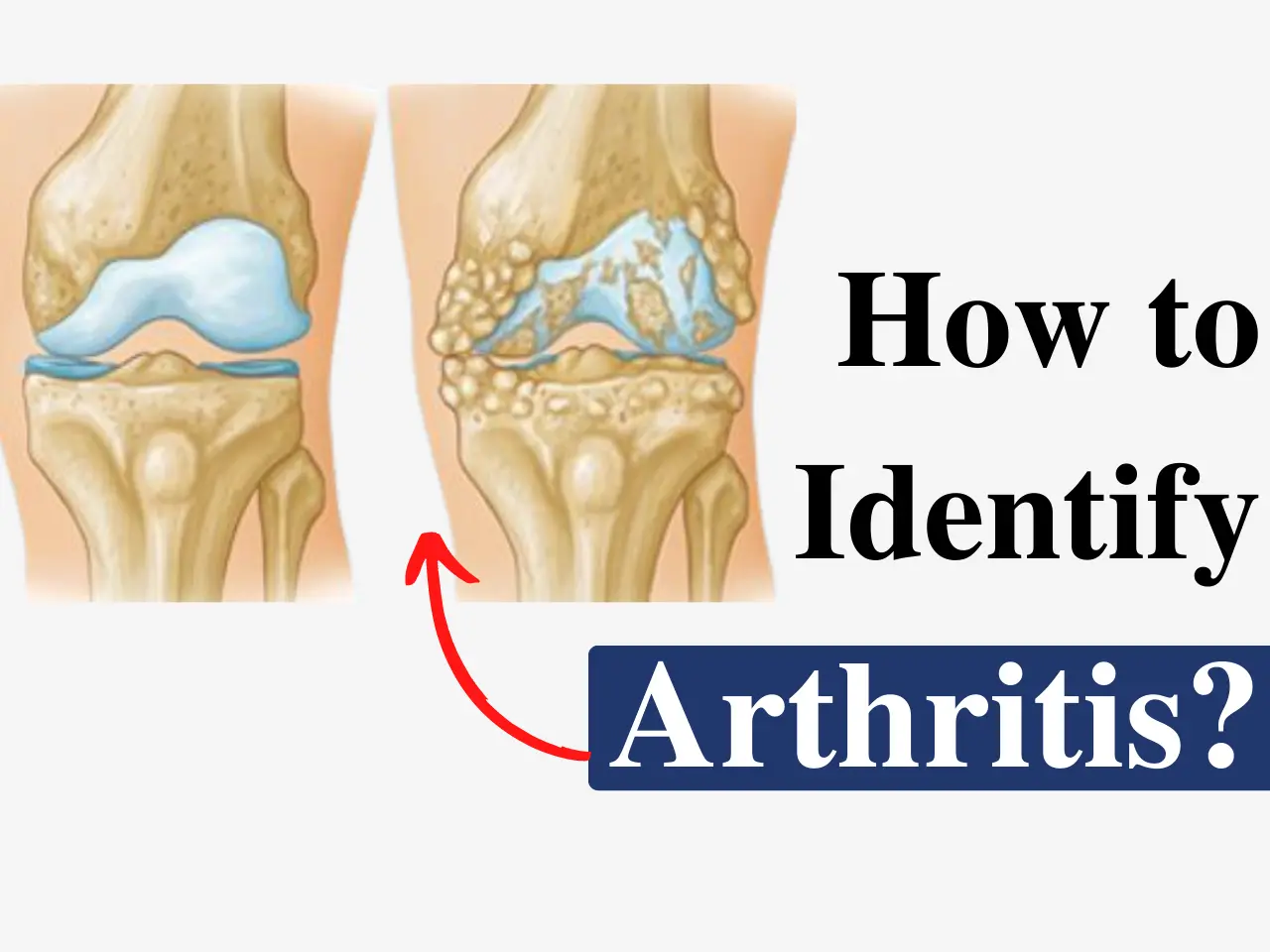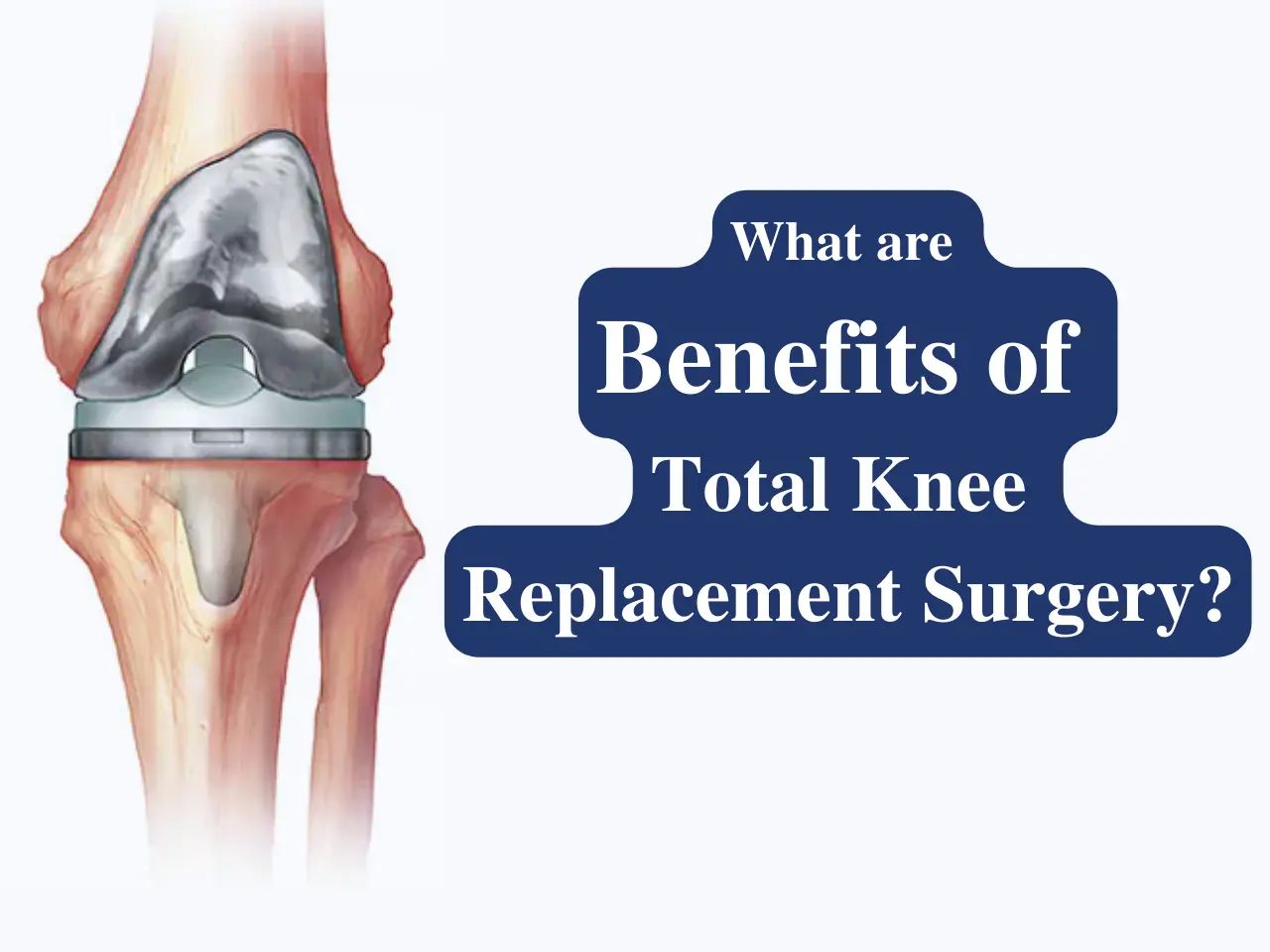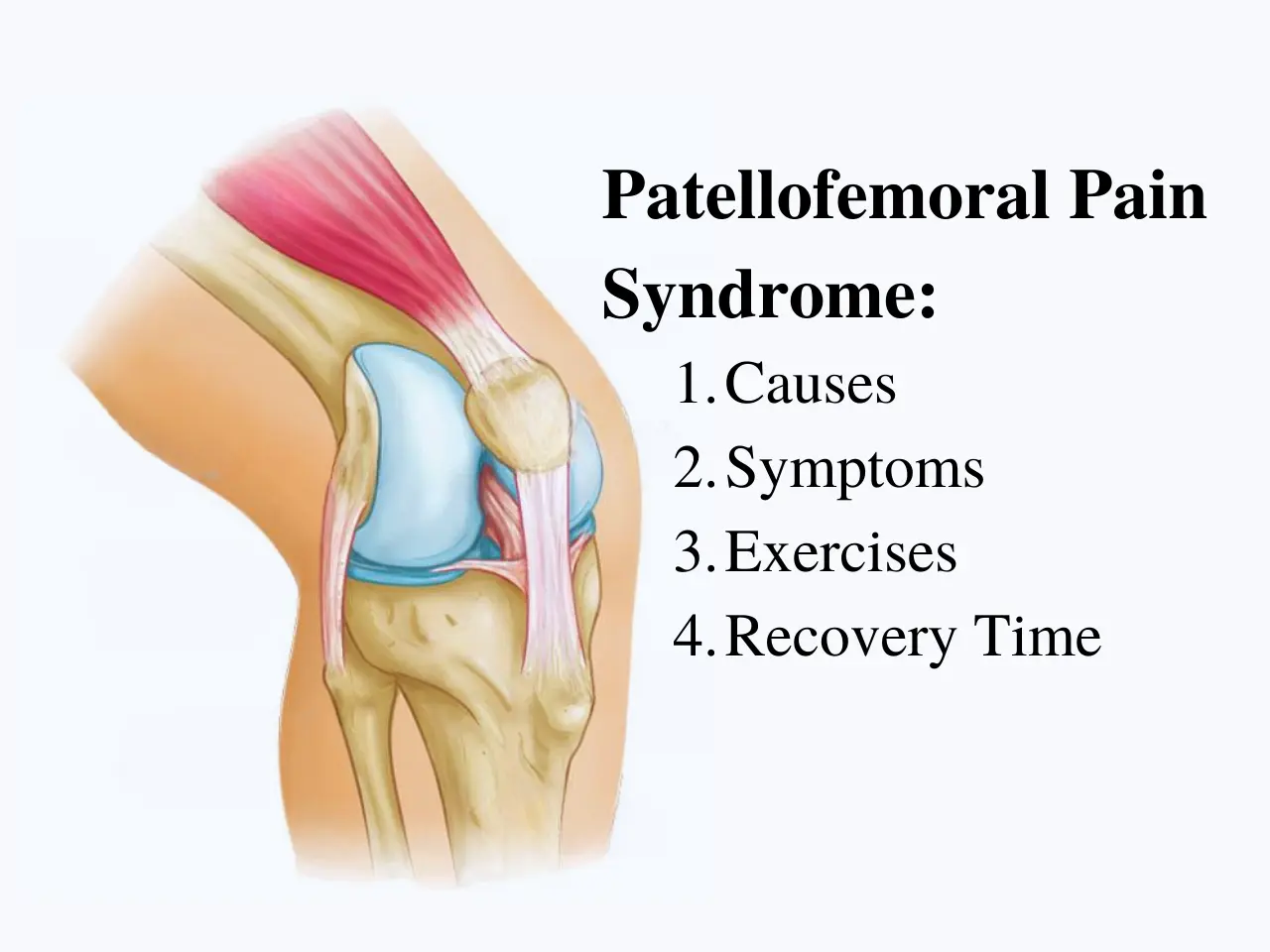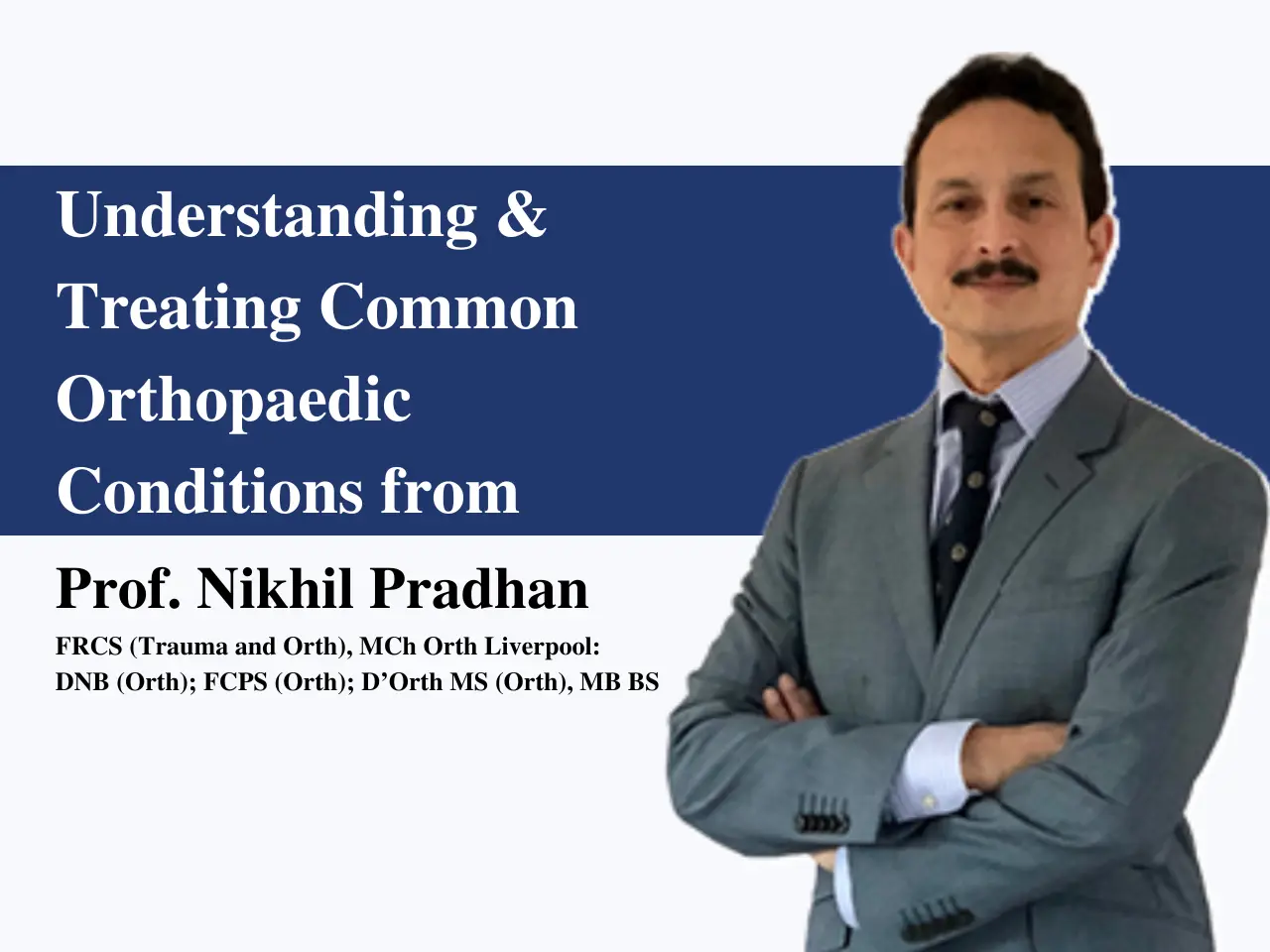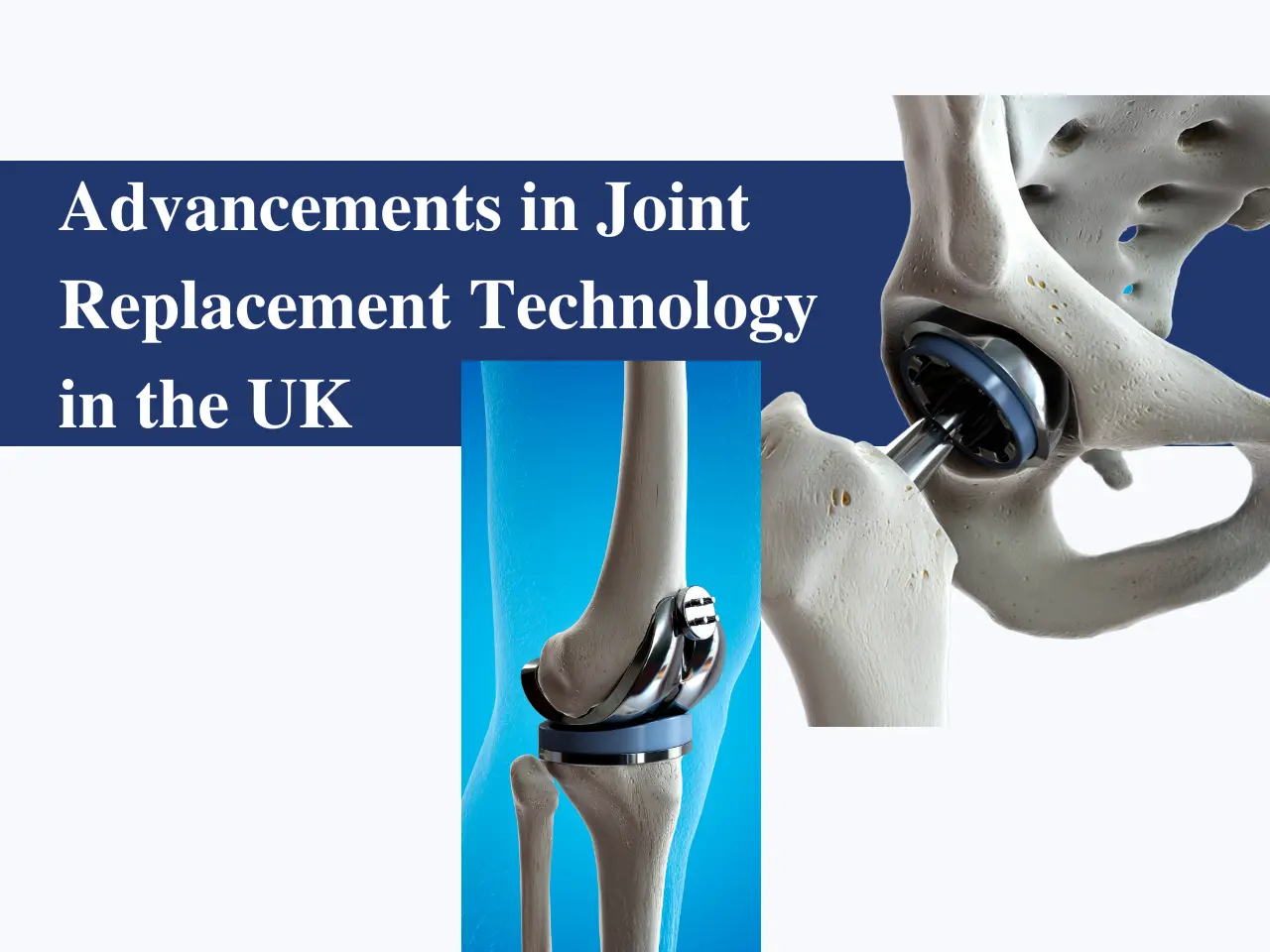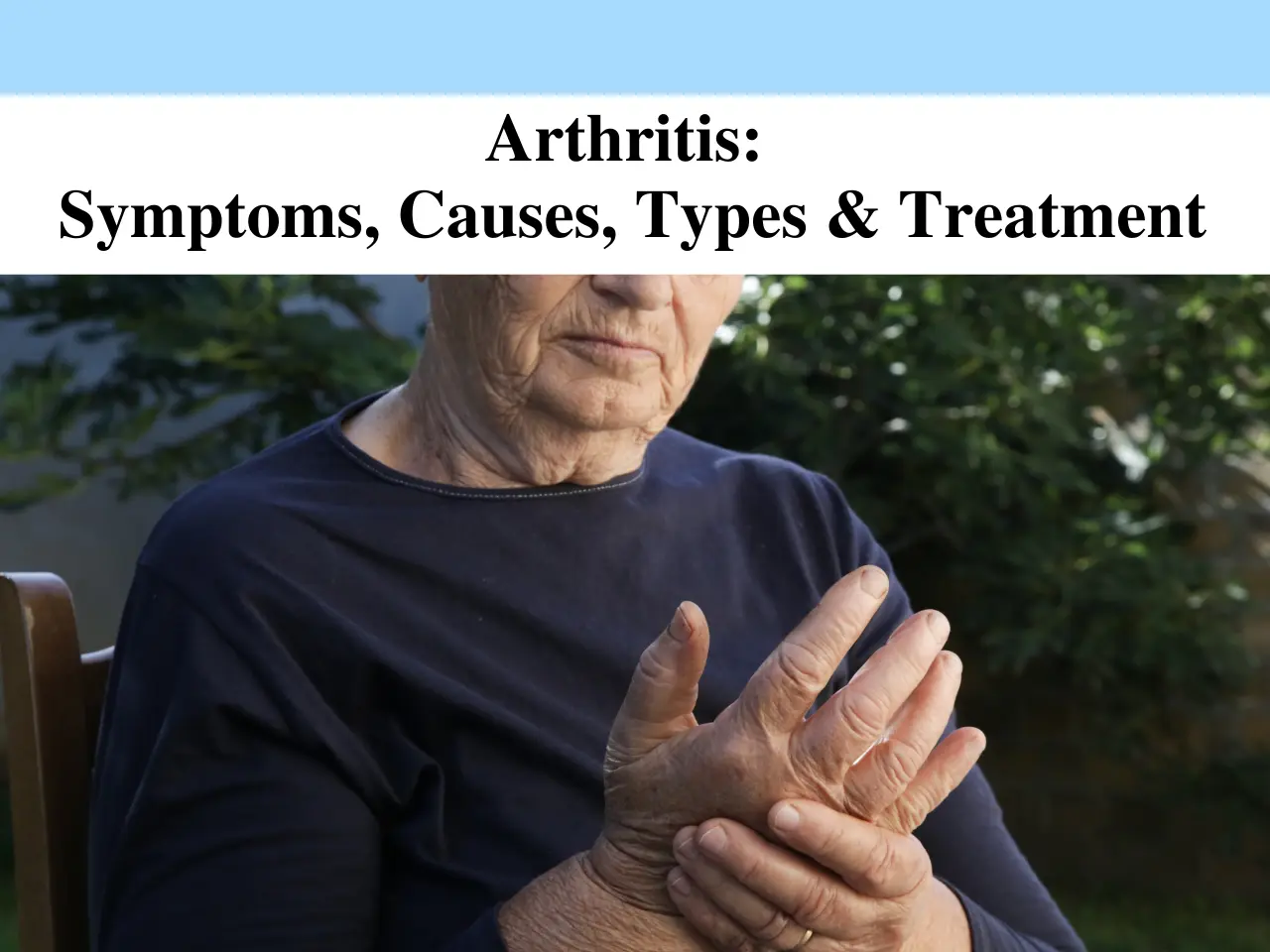Injections for Knee Pain: ‘Relief Options for a Stronger You’ by Mr. Nikhil Pradhan
As a leading orthopaedic surgeon in Cheshire with extensive experience in knee pain treatment, I see firsthand how knee pain can significantly impact a person’s daily life. It can make walking, climbing stairs, and even simply getting out of bed a challenge.
While there are various approaches to managing knee pain, injections can be a powerful tool for many patients seeking relief.

Understanding Knee Pain
Knee pain can arise from various sources. Common culprits include osteoarthritis, a degenerative joint disease, injuries from falls or sports, bursitis (inflammation of fluid-filled sacs around the knee), and tendonitis (inflammation of tendons).
Knee pain can also be a symptom of underlying conditions like Rheumatoid Arthritis (RA).
Proper diagnosis is crucial for determining the best course of treatment. Consulting a doctor allows for a thorough examination, including X-rays or MRIs if needed, to pinpoint the cause of your knee pain.
Types of Injections for Knee Pain:
Corticosteroid Injections:
- Corticosteroid injections are commonly used to reduce inflammation and alleviate pain associated with conditions such as arthritis and tendinitis.
- These injections deliver a potent anti-inflammatory medication directly into the knee joint, providing targeted relief.
- Mr. Nikhil Pradhan may recommends corticosteroid injections for patients experiencing moderate to severe knee pain due to arthritis.
Hyaluronic Acid Injections:
- Hyaluronic acid injections, also known as viscosupplementation, involve injecting a gel-like substance into the knee joint to lubricate and cushion the joint, thereby reducing pain and improving mobility.
- This type of injection is particularly beneficial for individuals with osteoarthritis, where the natural lubricating fluid in the joint has deplete.
- Mr. Nikhil Pradhan may recommend hyaluronic acid injections for patients who have not responded adequately to other conservative treatments.
Platelet-Rich Plasma (PRP) Injections:
- PRP injections involve injecting a concentrated solution of platelets derived from the patient’s own blood into the knee joint.
- Platelets contain growth factors that promote tissue healing and regeneration, making PRP injections an attractive option for patients with soft tissue injuries or early-stage arthritis.
- Mr. Nikhil Pradhan may consider PRP injections for patients seeking a regenerative approach to knee pain management.
Benefits of Knee Injections:
- Targeted Relief: Knee injections deliver medication directly to the site of pain, providing localized relief with minimal systemic side effects.
- Delayed Need for Surgery: In many cases, knee injections can delay or even negate the need for knee replacement surgery, allowing patients to maintain their mobility and quality of life.
- Minimal Downtime: Unlike surgical procedures, knee injections typically require minimal downtime, allowing patients to resume their normal activities shortly after the procedure.
- Customized Treatment: Mr. Nikhil Pradhan evaluates each patient individually to determine the most suitable type of knee injection based on their specific condition and medical history.
Considerations for Knee Injections:
- Duration of Relief: While knee injections can provide significant pain relief, the duration of effect may vary from patient to patient. Some individuals may experience relief for several months, while others may require more frequent injections.
- Potential Risks: Although knee injections are generally safe, there are potential risks such as infection, allergic reactions, and temporary worsening of symptoms. Mr. Nikhil Pradhan discusses these risks with patients and ensures they are well-informed before proceeding with the injection.
- Adjunct Therapies: Knee injections are often combined with other conservative treatments such as physical therapy and lifestyle modifications to optimize outcomes and prolong the effects of the injection.
Choosing the Right Injection for Your Knee Pain Relief
The most suitable type of injection for your knee pain will depend on the underlying cause and your individual health profile.
Consulting a doctor allows for a personalized assessment to determine the best course of action.
Factors like the severity and duration of your pain, the location of the pain within the knee, and any underlying medical conditions will all be considered when making this decision.
Conclusion:
Knee injections offer a valuable treatment option for individuals suffering from knee pain in Cheshire, providing targeted relief with minimal downtime.
With expertise in knee replacement surgery and a thorough understanding of various injection therapies, Mr. Nikhil Pradhan ensures that patients receive personalized care tailored to their unique needs.
Whether its corticosteroid injections for arthritis or PRP injections for tissue regeneration, individuals can trust Mr. Nikhil Pradhan to provide comprehensive care for their knee pain, ultimately improving their quality of life.

